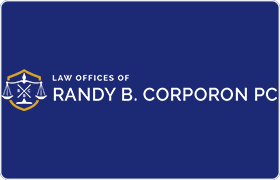 Aurora Criminal Lawyers, Colorado
Aurora Criminal Lawyers, Colorado
Sponsored Law Firm
-
 x
x

Click For More Info:
-
Law Offices of Randy B. Corporon PC
2821 S. Parker Road Suite 555 Aurora, CO 80014» view mapCriminal Clients First, Excellence Always!
You owe it to yourself and your loved ones to be represented by an experienced, high-quality attorney, with a track record of proven success.
800-976-8531
Lawyers
<
31-40 of 70 matches
Civil Rights, Divorce, Criminal, Employment, Consumer Bankruptcy



 Randy Corporon Aurora, CO
Randy Corporon Aurora, CO